#photo credit: Crystal C on unsplash.com
Photo
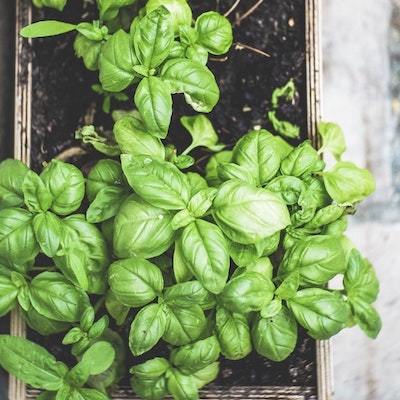


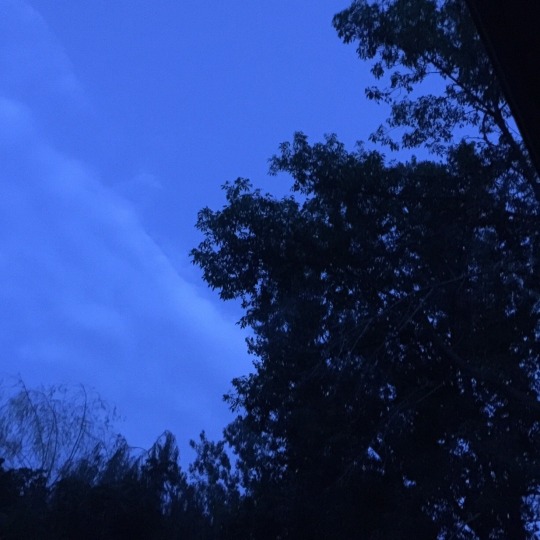
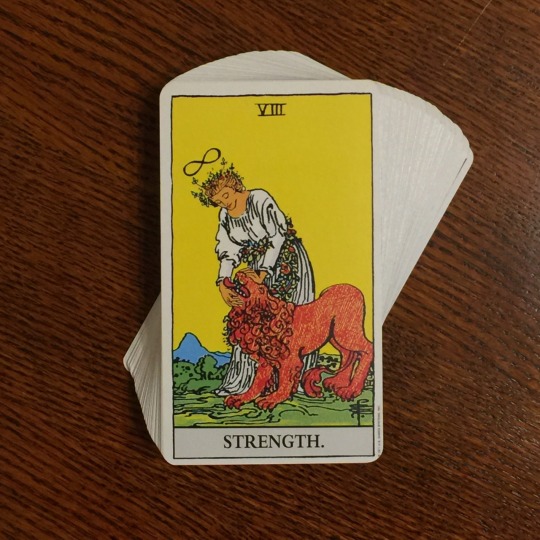
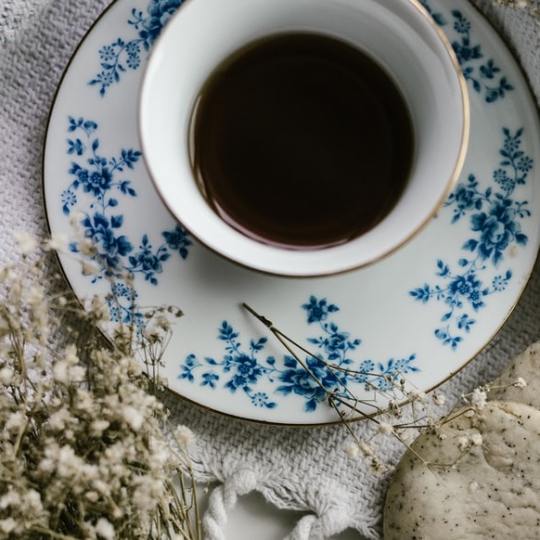
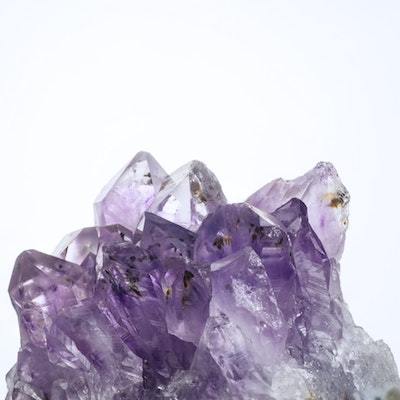


personal aesthetic | cunning woman
[★ lengthy description under the cut, do not remove if you reblog, credits and more information under photos★ ]
I’ve been doing a lot of research into the cunning folk of Britain. Cunning folk, both women and men, have many names and existed (and I assume, still exist) all over Europe since the Late Medieval period. They were practitioners of folk or “low” magic, performing spells and charms. They were also more or less employed to function as fortune tellers, detectives (of a fashion), match makers, used herbal medicine, and worked against malicious forms of witchcraft. Their position in relation to Christianity and supposed Devil-worship is complex, as cunning folk were in most cases Christians themselves, yet the Church often grouped them in with Satanic witches. They were semi-literate and often of a slightly higher social position than the average laborer.
The only depiction of a cunning person that I am aware of is in the television series By the Sword Divided (1983-85) which centers on one fictional family’s experience in the English Civil Wars (1642-51). Created by producer John Hawkesworth, the show was deeply rooted in historical fact. The cunning woman of the household is Judith Crabbe, commonly known as “Minty” for her “skill in herbs.” Although she is a seemingly frail old woman, she lances boils, performs abortions, delivers babies, and is in possession of some deadly poisons. In the episode The Sound Of Drums, she instructs that a woman whose mother has just died of the plague should be stripped and washed and she herself gives the woman ragwort to “take away the poison,” and douses her head with dragonwort in order to “drive away all infection.” Although germs were not discovered until the 1850s, this fictional account implies there was knowledge of needing to cleanse and disinfect to prevent the spread of disease. In one deeply disturbing episode she is brought to trial during a brutal witch hunt, but survives. She explains that she is a cunning woman like her mother and that she knows charms and herbs and potions “all to do good.” Sadly, unlike Minty and genuine cunning folk who had actual herbal knowledge, many supposed cunning folk were profiteers, playing on the innocent and gullible common man.
In terms of my own identification with cunning folk I have spent a long time considering my connection with their practices. I decided that being a Wiccan is not for me. I have occasionally referred to myself as a witch. I am essentially a total skeptic, raised to question my half Catholic/half Church of England background, and never baptized. I am not a practicing Catholic, I prefer C of E in many ways but I have enjoyed the ritual of Catholic traditions and have found comfort in the Virgin Mary. However, if anyone asks about my faith I am certainly agnostic. I respect everyone’s religion and I stand by the fact that I personally cannot prove the existence or non-existence of a Christian God or any other Gods and Goddesses. I do not believe in or worship the Devil or any other deity. I have respect for many and find inspiration in them but that is where it ends. As a child I repeatedly tried to believe in ghosts, fairies, and God, but I am a non-believer. I do keep an open mind and often consider the presence of spirits and genius loci in terms of biological feedback, and/or other qualities of perception that humans possess that we are not yet aware of. While I am a non-believer I am a highly sensitive person and am learning to trust my own intuitive nature. I also take into account that knowledge of the human brain and body is somewhat limited; who knows what we will learn in the future.
As for practices, I conduct certain rituals similar to actual cunning folk. Divination is not something I wholly believe in, as I don’t particularly believe in magic beyond ones own powers of agency, instinct, and intentionality. I do, however work with tarot cards which have been in use since the mid-15th century. By all accounts they were based on playing cards, elements in nature, and even Christian symbolism. To me, they are tools with which to unlock ideas, knowledge, and wisdom in one’s own mind.
As far as crystals go, I do not know if they have any connection with cunning folk. The use of crystals in magic goes back thousands of years - people such as the Ancient Sumerians used them. Each gemstone or crystal is believed to have healing powers and I’m unsure if I believe in that but at the same time the symbolism of each stone is meaningful to me in the sense that it is a connection with a person’s intentionality. In general, intention is one of the most powerful aspects of a person’s journey, spiritual or otherwise. I have often employed nuummite which is an excellent and rare grounding stone. While it is unknown to me if stones have actual healing powers, just holding something that is thousands of years old is incredibly exciting and calming.
Tea is an important to me on multiple levels. I am mindful of the fact that tea was stollen by the British from India, China, and Japan and so while I am often noted for my “Britishness” when it comes to tea, I understand that it does not originate in my culture. I love Earl Grey, which is a powerful black tea most often made with Assam tea and oil of bergamot. To avoid the high levels of caffeine I usually steer towards camomile and am exploring other herbal options. Tea forms the intersection between comfort and health benefits. (Again, I am not aware that tea is in any way a part of cunning folk practices.)
Cooking is certainly a part of anyone’s life as we all have to eat, but in our current day a lot of us rely on take-out/take-away and restaurants rather than our own skills. I am lucky enough to come from a family who cooks a lot, or at least, has done in the past. My father was quite good at baking, particularly cheese scones (a WWII era family recipe), profiteroles, and quiche. His mother, from what I remember, was a great cook, making roast meals and cooking lots of vegetables for Dad and the family from the 1940s to the 1990s. My mother is a good cook as well and Dad and I noted how we were very lucky to have homemade meals most of the time, with quality meat and organic vegetables. My mom’s mother was a good cook and both her grandmothers were excellent cooks, especially great-grandmother Theresa. She cooked for her family as well as working as a cook for a wealthy local jewelry family. She specialized in traditional Swabian German and Hungarian dishes from our heritage. We still have her kitchen knife which we use regularly. I’m slowly working up to mastering my great-grandmother’s recipes, but so far I’ve only worked on some baking - popovers, sponge cake, and gluten free cookies. Next I’d like to make sticky ginger cake, focaccia, and other things like salsa and pickles. I don’t know of any explicit connection between cooking and cunning folk but food and healing go hand in hand to a certain extent and coupled with herbs and the like it seems fitting.
I’m not particularly skilled in herbs as yet but I’ve used a lot of rosemary, basil, and thyme in the last few years. My goal is to become thoroughly familiar with the use of herbs in cooking or in making any sort of mildly curative ointments in things. (However, I am a firm believer in modern medicine and science and aside from exercising great caution concocting any herbal remedies, I will always look to actual professionals if I am in need of serious medical attention.)
In conclusion, my journey to becoming a cunning woman or healing woman has no real end because as humans we never stop learning. As I study more about cunning folk, witchcraft, and herbalism I will have a better understanding of my direction and purpose.
8 notes
·
View notes